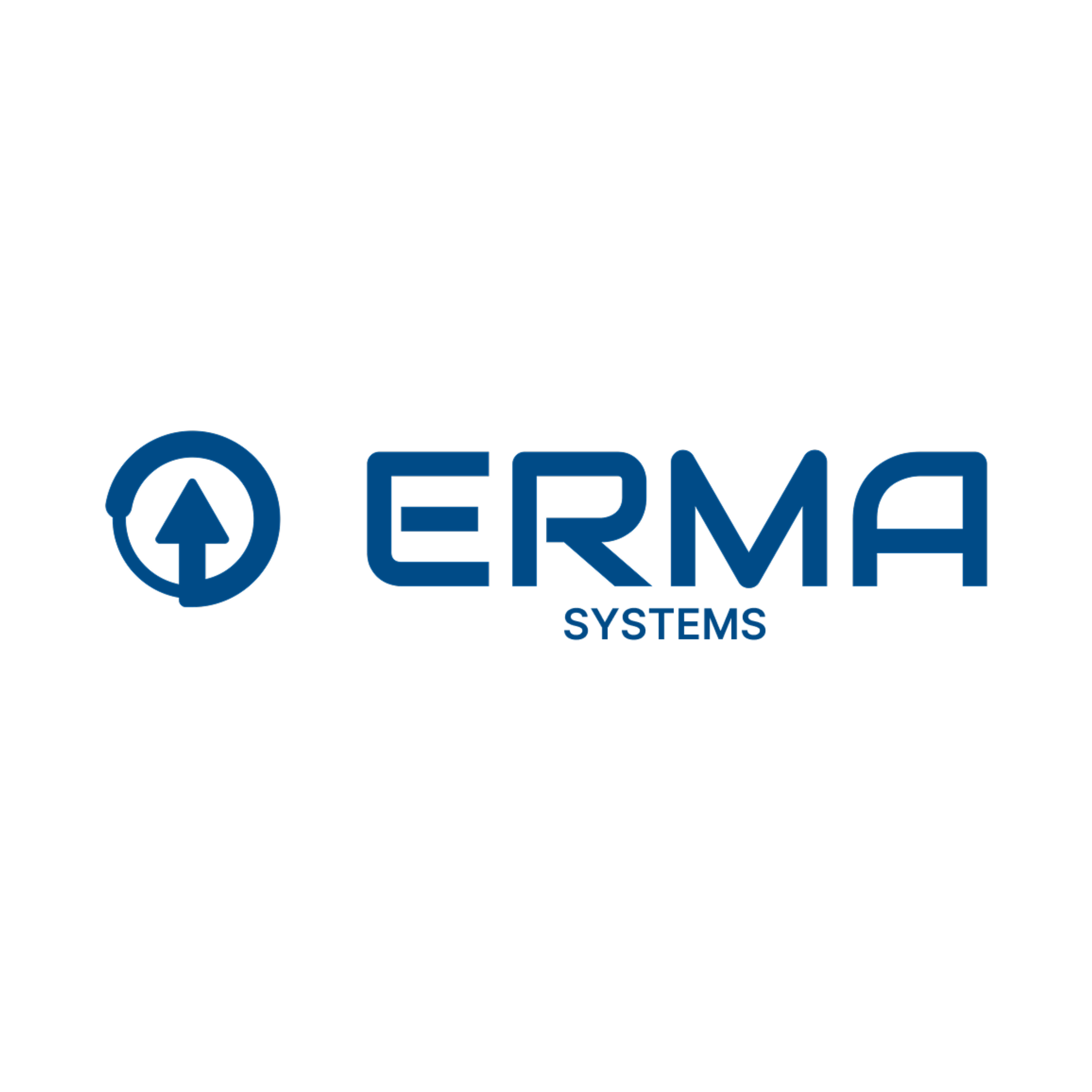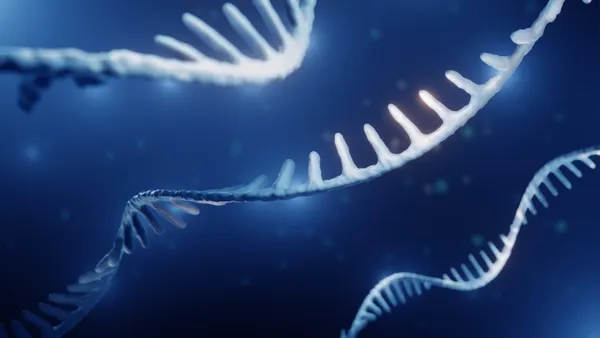Novartis is broadening its bet on drugs that can destroy disease-causing proteins, agreeing Monday to a new deal with biotechnology company Monte Rosa Therapeutics.
Through the collaboration, the companies will work to develop multiple novel protein “degrading” drugs for immune conditions. Monte Rosa will conduct discovery and early testing before Novartis takes over development for programs it chooses to license. The biotech will get $120 million in upfront cash per deal terms. It could also receive as much as $5.7 billion overall should various development and sales milestones be met, plus royalties on sales of any eventual products.
Monte Rosa shares climbed by about 50% in pre-market trading. At about $7.30 apiece, however, the company’s stock trades well below its debut price following a $222 million initial public offering in 2021.
Monte Rosa is among the many companies pursuing “molecular glue” drugs, which force together a target protein with an enzyme that flags it for destruction by the cell’s waste disposal system. The approach is seen as a way to access tough-to-reach drug targets, and is one of several strategies biotechs are using to degrade harmful proteins, rather than bind and block them as traditional drugs do.
Novartis has been particularly active pursuing deals focused on protein degradation. In 2020, it formed a discovery alliance with Orionis Biosciences that involved degrader research. And last year, it licensed a prostate cancer drug from Arvinas as well as an experimental immune disease medicine from Monte Rosa. Both of those drugs are either in or nearing Phase 2 testing.
The new collaboration with Monte Rosa is broader, handing Novartis rights to a therapy aimed at an undisclosed target as well as options to license two programs from the company’s stockpile of preclinical immune disease drug candidates.
The agreement “underscores our commitment to advancing targeted protein degradation as a promising approach to address immune-mediated diseases with high unmet need,” said Fiona Marshall, head of biomedical research at Novartis, in a statement. Marshall added that Monte Rosa’s drug discovery technology “has the potential to uncover new insights into this field.”
Monte Rosa CEO Markus Warmuth noted, in the statement, how the deal gives his company enough financial breathing room to reach Phase 2 readouts for multiple programs, among them MRT-6160, the drug in the original Novartis deal.
The company had about $296 million in cash at the end of the second quarter.














